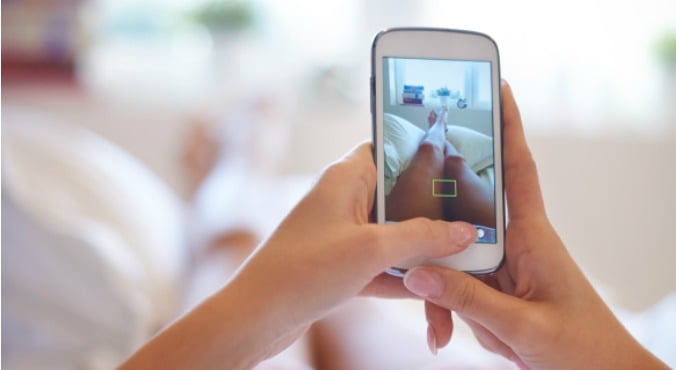
Image: iStock
If there’s one thing the internet isn’t short on, it’s selfies.
Although they can be irritating to scroll through en masse, these photos are usually quite innocuous – a fun way to capture a fleeting moment or mood. However, there’s one breed of selfie that has eating disorder experts increasingly concerned.
In a Huffington Post report this week, a UK specialist explained that selfies documenting weight loss progress could be contributing to eating disorders, especially when they’re shared among people who suffer from, or are at risk of developing, these illnesses.
“Some people will take repeated pictures of themselves at various stages of their illness, and send them to others,” Dr Alex Yellowlees, a consulting psychiatrist for the Priory Group, said.
The incredibly common eating disorder that nobody has heard of.
“They want to keep a record of their illness and see for themselves, as it were, the progress they think they are making towards anorexia, but they will also transmit the images to other sufferers on occasions.”
According to Dr Yellowlees, the competitive nature of these images, and the judgement they invite from others, can create psychological pressures that exacerbate eating disorders like Anorexia Nervosa.
Christine Morgan, CEO of the Butterfly Foundation, agrees these so-called “skinny selfies” can have damaging effects on people, depending on their attitude to their own body.
“Selfies focusing on body shape and size imagery can drag some people backwards, and I worry it may be reinforcing that size and shape still matter,” she says. “When a person has negative thoughts and feelings about his or her body, body dissatisfaction can develop and sometimes lead to an eating disorder.”